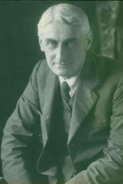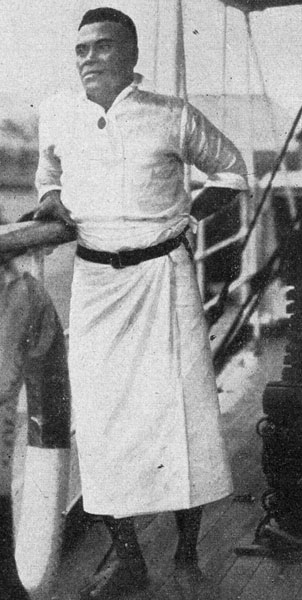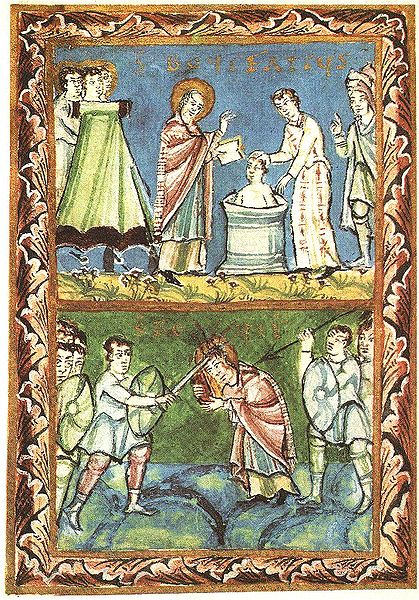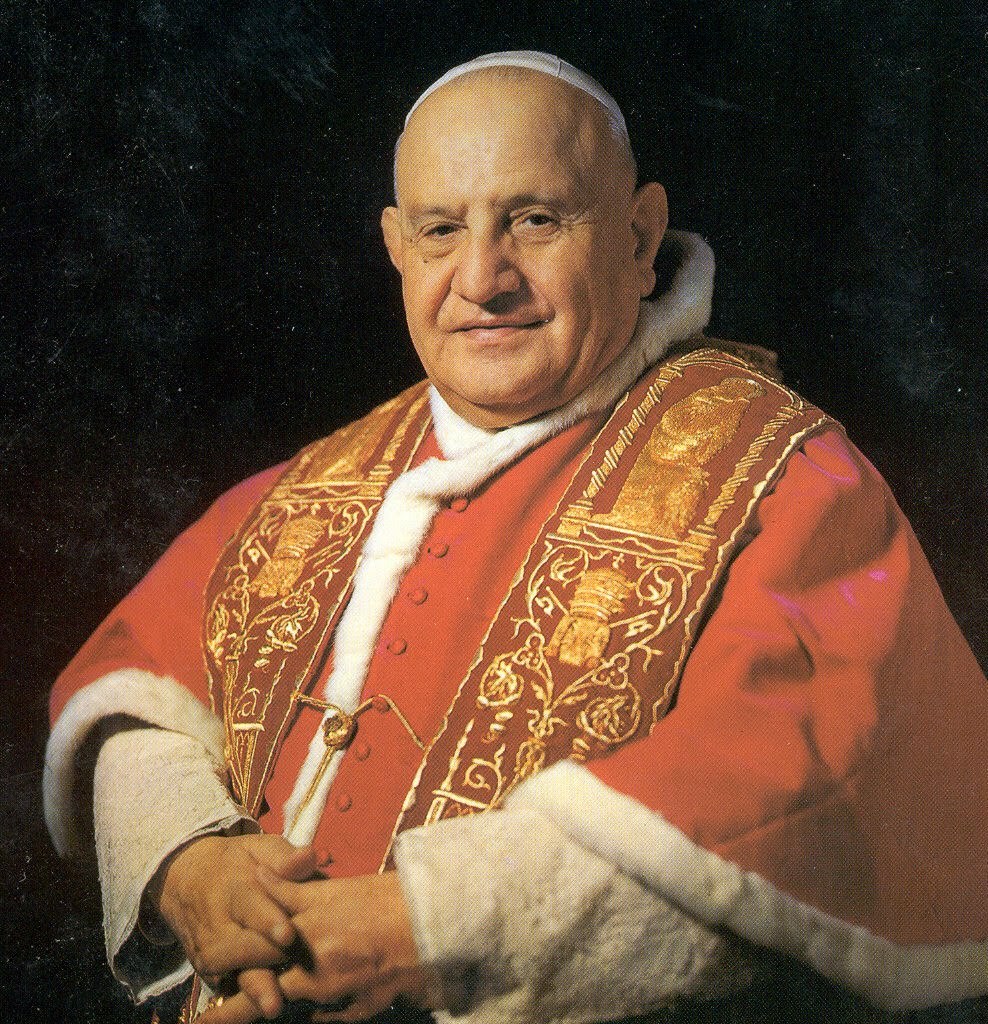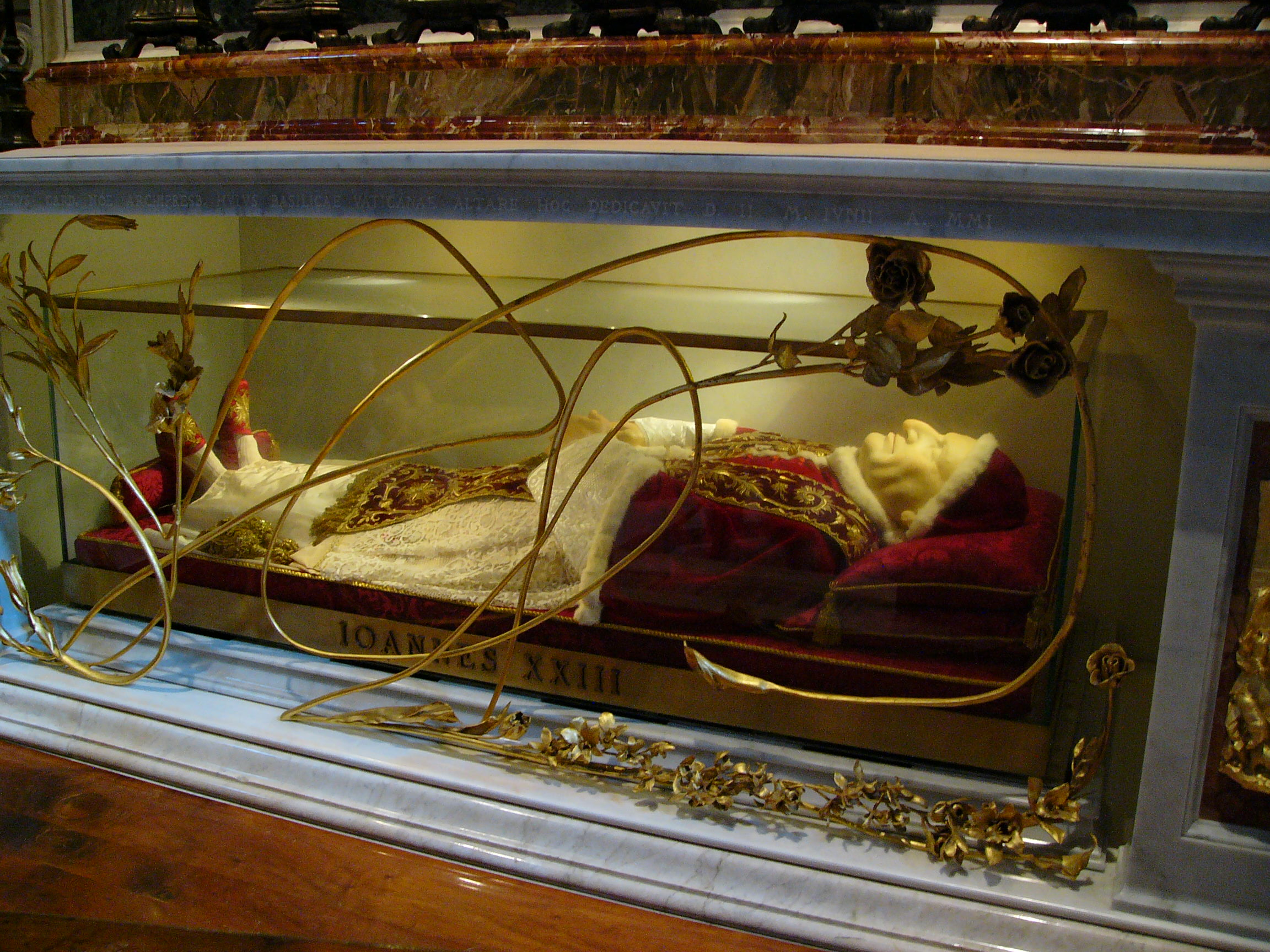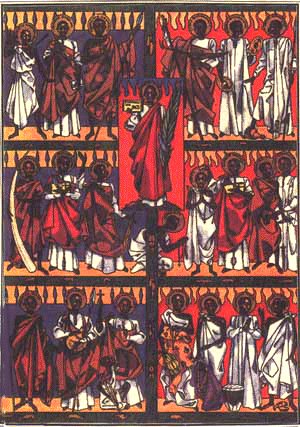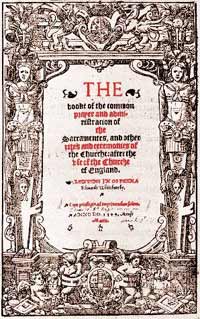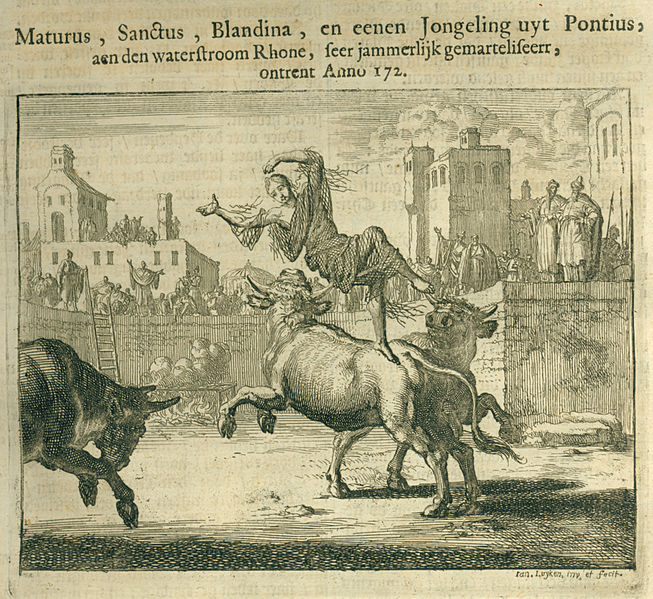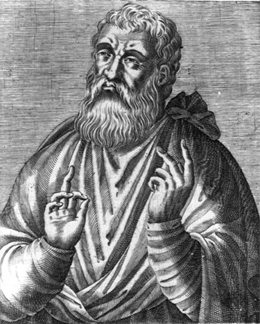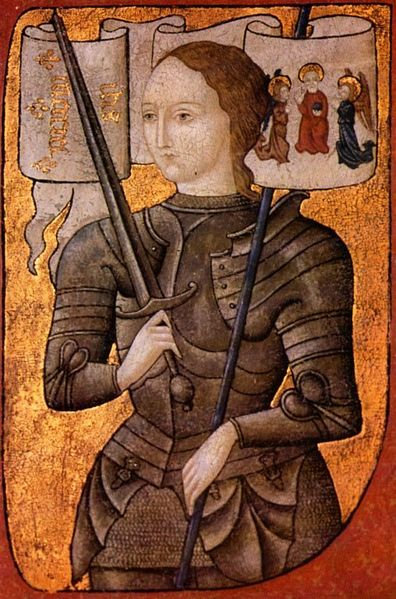Welcome to the Holy Women, Holy Men blog! We invite you to read about this commemoration, use the collect and lessons in prayer, whether individually or in corporate worship, and then tell us what you think. For more information about this project, click here.
Roland Allen was an English missionary, supported by the Society for the Propagation of the Gospel in Foreign Parts (SPG) who served briefly in North China and for many years in East Africa. Allen believed that the mission work of the western churches was paternalistic and deeply rooted in colonialist values that were incompatible with the gospel.
Allen was born in 1868; his father was an Anglican priest. He attended St. John’s College at Oxford and was ordained to the priesthood in 1893. His first assignment with SPG was to North China where he served for seven years before returning to England because of poor health. He served briefly as a parish priest before turning to research and writing on mission work and missionary methods. This work led him to East Africa, particularly to Kenya, where he lived for much of the rest of his life.
Allen’s most famous work, Missionary Methods: St. Paul’s or Our’s, was published in 1912. Allen argued that St. Paul’s vision was to build a community, and raise up leaders so that the sacraments could be administered. The community could be left alone to do their work of converting others to Jesus under the guidance of the Holy Spirit. Allen continued to refine his methods in later writings emphasizing the need for indigenous leadership as opposed to bishops and other leaders coming from foreign territories. In many situations, Allen favored clergy who were “tentmakers”—engaged in secular employment while serving their congregations—after the example of St. Paul.
Allen possessed a gregarious temperament combined with absolute confidence in his ideas. He raised people’s ire no matter where he went, but he was also praised for the clarity of his convictions, his passion for the gospel, and his desire to see every local faith community thrive under its own leadership.
Even though Allen’s ideas were often viewed with derision or, at least, suspicion, in his own day, he was the catalyst for the reform of mission strategy throughout the world and most of his ideas seem self-evident today.
Collects
I Almighty God, by whose Spirit the Scriptures were opened to thy servant Roland Allen, so that he might lead many to know, live and proclaim the Gospel of Jesus Christ: Give us grace to follow his example, that the variety of those to whom we reach out in love may receive thy saving Word and witness in their own languages and cultures to thy glorious Name; through Jesus Christ, thy Word made flesh, who liveth and reigneth with thee and the Holy Spirit, one God, now and for ever. Amen.
II Almighty God, by your Spirit you opened the Scriptures to your servant Roland Allen, so that he might lead many to know, live and proclaim the Gospel of Jesus Christ: Give us grace to follow his example, that the variety of those to whom we reach out in love may receive your saving Word and witness in their own languages and cultures to your glorious Name; through Jesus Christ, your Word made flesh, who lives and reigns with you and the Holy Spirit, one God, now and for ever. Amen.
Psalm 119:145–152
Lessons
Numbers 11:26–29
2 Corinthians 9:8–15
Luke 8:4–15
Preface of Baptism
From Holy, Women, Holy Men: Celebrating the Saints © 2010 by The Church Pension Fund. Used by permission.
